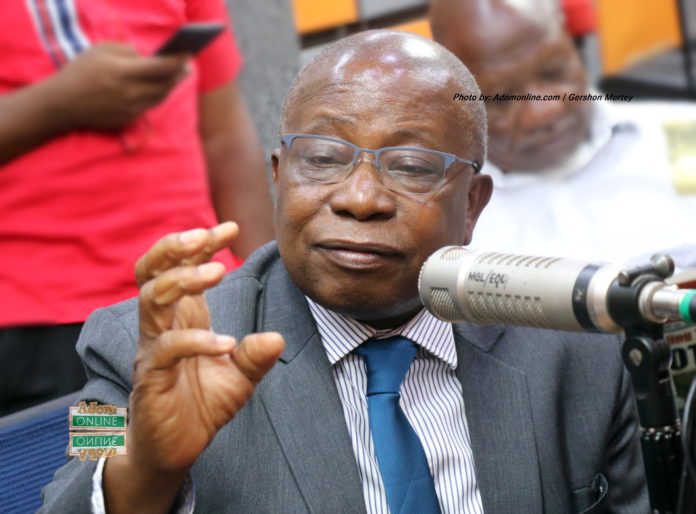The Health Minister, Kwaku Agyeman-Manu, is expected to appear and testify in court today, June 16, 2022, in the matter of the Republic against a former Deputy Finance Minister, Cassiel Ato Forson.
The Ranking Member on Parliament’s Finance Committee and Minority spokesperson on Finance, Mr Ato Forson, has been accused of wilfully causing financial loss to the state in the purchase of some ambulances in the erstwhile Mahama Administration.
He is standing trial together with a former Chief Director at the Health Ministry, Sylvester Anemana, and a businessman, Richard Jakpa.
The three (3) are said to have caused the state a loss of 2.37 million euros.
The Health Minister will be the 3rd witness for the prosecution in this trial and is expected to further the case of the state against the accused persons.
During the last sitting, the first prosecution witness told the High Court in Accra that the ambulances imported in 2015/2016 did not meet basic standards and specifications.
Acting Director of Operations at the National Ambulance Service (NAS), Dr. Forster Ansong-Bridjan, told Her Ladyship Afia Serwaa Asare-Botwe’s Court that the ambulances were without any fitted lights for operations, and that the patient trolley was also too low and without seatbelts.
Submitting his main testimony to the Court, Dr Ansong-Bridjan also observed that the attendant’s seat fitted at the head of the patient’s trolley, a swivel chair, had not been formerly fitted; and that the other seats at the side of the trolley were fitted too low and would not have afforded the paramedics the comfort they needed to work.
According to the Acting Operations Chief, cabinets meant to contain medications and other consumables in the ambulance were made with sharp metallic edges which could easily cause injury to the occupants, while their drawers were neither tight nor self-locking. Also, absent from the ambulances were medical equipment relative to;
(i) Patient monitoring equipment including patient monitor, blood pressure monitor, stethoscope, glucometer, pulse oximeter, among others.
(ii) Resuscitation equipment including bag valve mask, suction machine, portable ventilator and an automatic external defibrillator.
(iii) Immobilisation equipment, including a spine board, splints of various types or sizes, head block and cervical collars.

